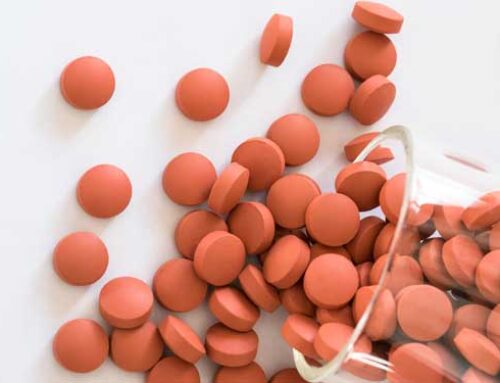Reprinted from: J Am Acad Orthop Surg 2013;21: 190-192 by David S. Jevsevar, MD, MBA
You have an orthopaedic implant (for example, joint arthroplasty, metal plates or rods) from a previous orthopaedic surgery. A potential complication of these implants is bacterial infection, which occurs in approximately 1% to 3% of patients. These infections require additional surgery as well as antibiotic usage for an extended period of time. Most infections occur around the time of the procedure (within 1 year), but some have occurred much later.
In theory, late implant infections are caused by the spread of the bacteria from the bloodstream to the implant. Unfortunately, there is no clear scientific evidence to support this theory. We know that many patients with orthopaedic implants frequently have bacteria in their blood that does not spread to their implants.
Dental procedures have long been considered a potential cause of implant infections even after the initial orthopaedic postoperative period. This is because dental procedures can introduce bacteria from the mouth into the bloodstream. However, this fact should be considered in the context that eating and performing oral hygiene at home may also introduce oral bacteria into the blood.
Traditionally, antibiotics have been provided before dental procedures in patients with orthopaedic implants to minimize the bacteria that get into the blood. Best evidence, however, does not show that antibiotics provided before oral care help prevent infections of orthopaedic implants. The routine use of antibiotics in this manner has potential side effects, such as increased bacterial resistance, allergic reactions, and diarrhea, and may even cause death.
Patients who have compromised immune systems might be at greater risk for implant infections. Diabetes, rheumatoid arthritis, cancer, chemotherapy, and chronic steroid use are examples that suggest the presence of immunosuppression.
Please discuss your potential for immunosuppression with your physician or dentist. Patients who are immune-compromised might wish to consider antibiotics before dental procedures because of their greater risk for infection. Decisions with regard to antibiotic premedication should be made by patients, dentists, and physicians in a context of open communication and informed consent. See Figure 1, the Doctor-Patient Shared Decision Making Tool.



